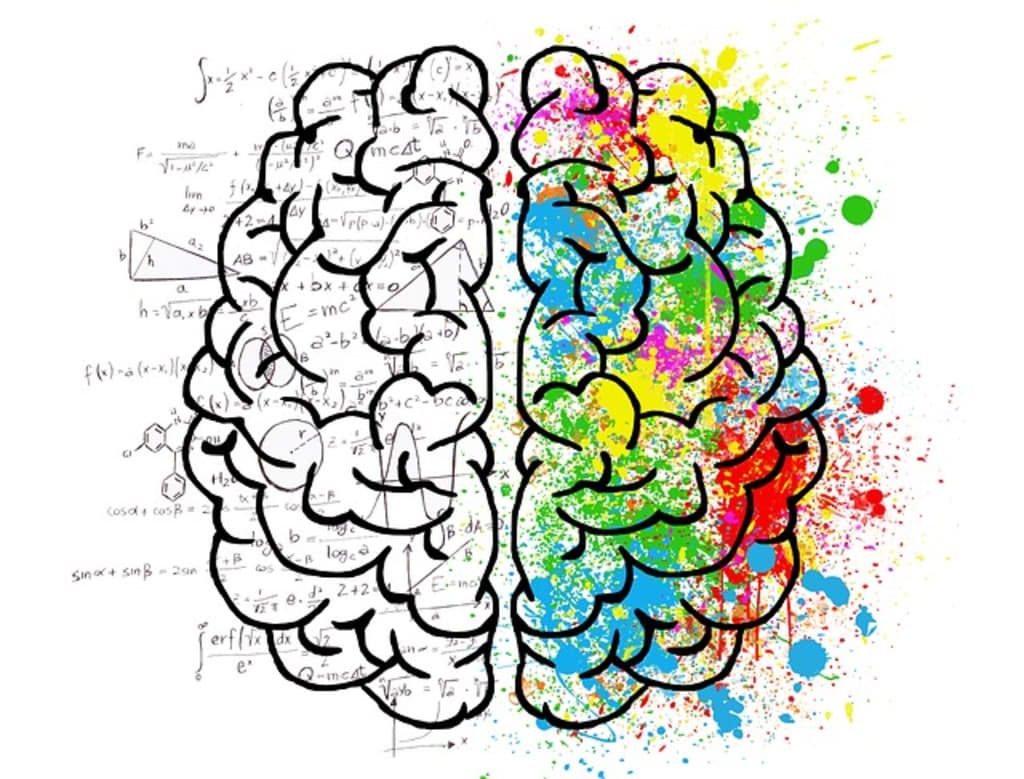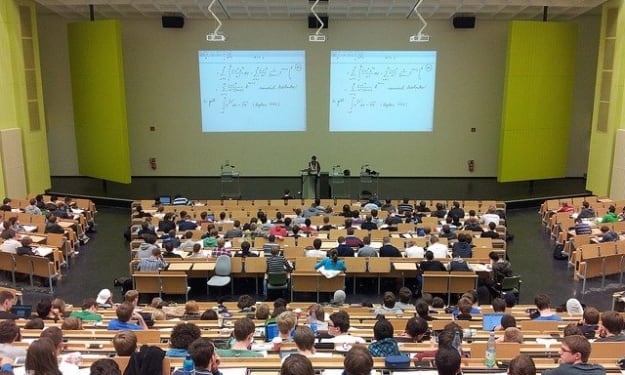
This is a continuation of my series of Biological Psychology notes from my undergrad years. This next part picks up from the Four Lobes of the Brain and the three major analytic systems. The four lobes of the brain are the Parietal lobe, the Temporal lobe, the Frontal lobe and the Occipital lobe. There are two of each accept for the Occipital lobe.
The parietal lobes are the ones that have the somanestic context or the input from the skin and muscles and tendons and the joints. The sensory area where we are able to physically able to control movement of our muscles. All of these areas are critical areas that are responsible for mapping or localizing where and what is around you and moving around the world that occurs.
The skin senses are the ones that then go to the upper cortex mapping and organizing before moving on to the temporal lobes back for texture and shape. The 'forward shape' and the identity to memory then to emotion. There is a very specific relation to hands and faces that are important to us. Between the the three systems there are no common distinction where things become one and become apparent when the mind become connected to an image to memory. The system is using continuous shaping and increasing the level of analysis when the body moves the images move.
The brain will have to process what is happening as in the eyes, body and the other signs to stablize the 'precept' and compute an image. The image moved to other places and the final analysis in the brain is out other body movements. What is 'blind sight'- 20% of this to other areas are colligious and is to control the movements of the eyes in both directions and not getting to the brain. Blind sight is the use of tracking visual information and visual limitations in the whole system in movement. One can't tell where it is coming or how fast.
There are dysfunctions and disabilities that sense to be a person at any given time and certain factors that help them in the environment. These dysfunctions are as follows:
1. Usher's Syndrome- Born deaf but learns sign language than loses sight (blind) as an adult. A visual dysfunction with problems of refraction or a focus problem such as near and far sightedness that are a part of normal development and aging. Diseases of the eyes and optic nerve or abnormalities in the retina or cornea for there are a lot of possibilities that could occur that will effect the CNS (central nervous system) as in Usher's Syndrome and Valant's Syndrome that causes damage to the parital lobes of the brain.
2. Simevalognosia or unable to see things in one picture simultaneously.
3. Optic ataxia meaning not able to see movement when looking at objects. The inability to shift gaze in one direction or another.
4. Proscoanoxia or the inability to recognize faces for there is damage to the right side of the brain to distinguish identity from the visual field. "Most/Like" as an example.
5. Ataxia is not being able to read, but can spell, write and know language.
6. Akinanoxia is the not able to see what moves around you and vision is the 'perception construct'.
(This is the end of the topic of Vision. You may have to check spelling of the some of the dysfunctions. Remember these are mainly notes from the course.)
Now the beginning of Learning about Hearing and the Brain
Auditory is the thinking or transduction of the changing energy to the action potentials that sound is the expression in the expansion in connection to the membranes pressure that expands in and out for the vibration of the eardrum's width and length that is adapted to hear sound of voice length. The various parts of the ear from the pinna through the internal auditory canal through the stapes, malleous, anvil and the tympanic membrane and then the cochlea that is full of fluid is able to focus on outside freqencies of 4000 to 6000 Hertz-human hearing.
To be continued (More on Auditory)
About the Creator
Mark Graham
I am a person who really likes to read and write and to share what I learned with all my education. My page will mainly be book reviews and critiques of old and new books that I have read and will read. There will also be other bits, too.






Comments
There are no comments for this story
Be the first to respond and start the conversation.